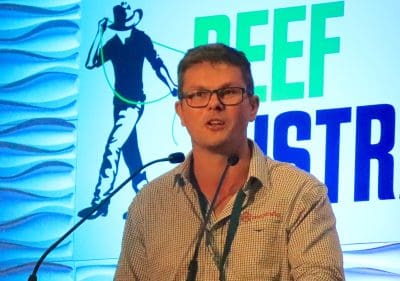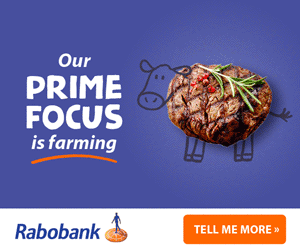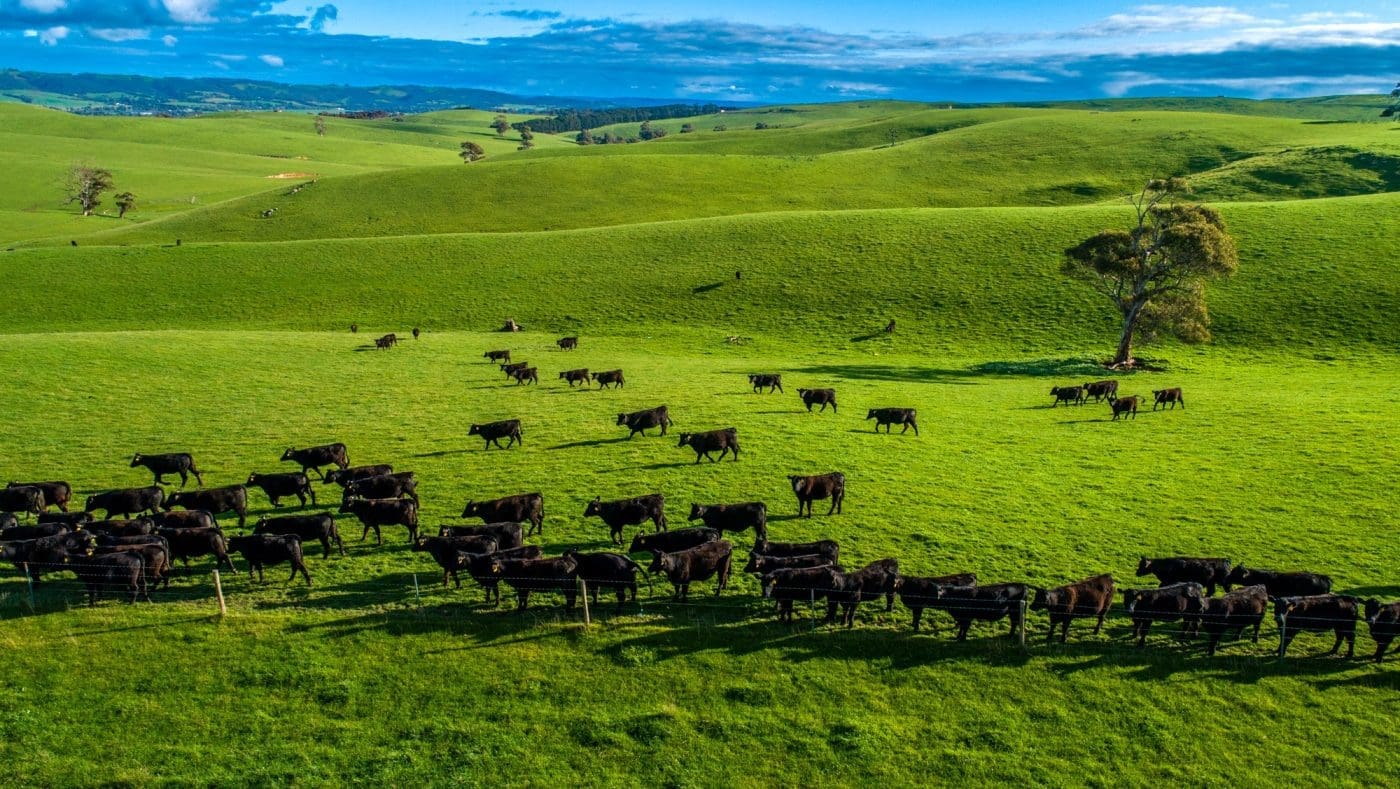Companies making claims without verified evidence not only risk brand damage but legal consequences as well.
Toowoomba-based Dr Stephen Wiedemann, founder and Managing Director of specialist agri-environmental consulting company Integrity Ag, provided a timely update on ACCC and ASIC rules surrounding companies making unsupported claims at a Beef 2024 seminar in Rockhampton earlier this month.
He noted that key regulatory bodies have taken strong stances against “greenwashing” in particular in the past year.
Greenwashing relates to companies making false or misleading environmental claims. This can include not telling the whole truth, not being transparent, missing out important facts or deliberately making statements that make a product seem better or less harmful than it is.
The Australian Competition and Consumer Commission regulates product claims while the Australian Securities and Investments Commission regulates company claims.
 “It’s a serious thing,” Dr Wiedemann (right) told a Beef 2024 seminar.
“It’s a serious thing,” Dr Wiedemann (right) told a Beef 2024 seminar.
“If companies are doing it accidentally, and that’s a lesser issue, you’re getting a slap on the wrist and told to clean up your game.
“But if you’re deliberately doing it and there’s no substance to it, then it is a legal issue.”
So are Australian companies greenwashing?
The first “greenwashing” prosecution of an Australian company occurred in March when the Federal Court ruled that Vanguard Investments Australia made misleading claims about certain environmental, social and governance (ESG) exclusionary screens applied to investments in a Vanguard index fund.
As part of its own investigations the ACCC last year conducted an internet sweep of 247 companies and found 57 percent made “concerning claims” about being green or environmentally-friendly without any evidence.
Is “greenwashing” an issue for the Australian beef industry?
 For many years the Australian beef industry has been marketed as “clean and green”.
For many years the Australian beef industry has been marketed as “clean and green”.
The fact is in today’s changed regulatory landscape, such statements now require firm evidence.
“That means for those who are taking a brand and putting it in the market and want to make a statement, they have got to be able to put numbers behind it,” Dr Wiedemann told the forum.
A commonly held view in the Australian cattle industry is that is if cattle graze nothing but grass the enterprise is carbon neutral.
But Dr Wiedemann, whose company conducts hundreds of carbon footprint analyses for agricultural enterprises ranging from large corporates to smaller family farms each year, said that can be difficult to prove.
There are clear certification standards that must be met under the Australian Government’s Climate Active program to support carbon neutral claims.
Methane emissions were a particular challenge for cattle businesses seeking to make carbon neutral claims. While the carbon is derived from grass (for grassfed cattle) there is still an increase in the warming impact when this is converted to methane, he said. Current carbon accounting rules treat this as an annual, ongoing emission. While there are complexities with the methane accounting rules, the system is essentially ‘fixed’ at present and the outcome is cattle have a high annual reported impact from methane. As a result, he said. it’s hard to show carbon neutrality.
Dr Wiedemann said another question they were often asked relates to how much carbon is being removed in vegetation or soil.
“We found across hundreds of farms that we’ve assessed, removals (i.e. GHG emissions removed from the atmosphere through trees) it is more often in that 0 to 30 percent range than it is equalling the emission profile or exceeding the emissions profile, so on balance we don’t find too many naturally carbon neutral farms,” he said.
“The second issue is being able to verify that emissions are being removed in soil or trees. Currently, the only system that can verify these removals is the ACCU scheme.
“This means farmers face a huge cost burden, and a time delay, to proving these removals.
“The upshot is there are some, but not so many, and it is hard to find a farm that is carbon neutral simply because that verification barrier is really quite high.”
He added that selling carbon credits was a high risk of greenwashing if the same credits were also claimed on activities which are reducing emissions on the same farm’s account.
Dr Wiedemann said one area producers could be focusing on was breeding and management practices to produce more efficient herds, to reduce the amount of emissions per kilogram of beef produced.
He also urged producers to get reliable business records.
“In order to substantiate these claims we have been talking about, increasingly the market you sell into it is going to need some evidence.
Iit may not be tomorrow, but it is the trend that is happening and the best way to get ahead of that trend is to have it all on record so it can be verified if they need to be, and have them in a way that is not to hard to be able to communicate those.
“That is going to be a priority in the next couple of years.”


does this also apply to reckless race to renewables IE Chris Blowen and the the whole EV market
from a diesel fitter 45 year and graizer
good simple article James – yes greenwashing is a big issue and the industry needs to have simple easy to assess models to account for GHG. However, it is also time to ask some serious questions about many of the methane assumptions being made by the scientific community.